According to data from WorldBank, approximately 15% of the world’s population (one billion people) experience some form of disability. But until recently, very few brands embraced the opportunity to provide members of this community with wearable, fashion-forward clothing options.
Retailist spoke with Emma McClelland, founder and CEO of Kintsugi – a UK-based apparel brand that provides bespoke, clothing options for the disability community. Her goal? Change the game for stylists, consumers and members of this inspiring community around the globe. The brand holds a passion for diversity and inclusion within the fashion industry, and a desire advocate for disabled people everywhere.
What problem is Kintsugi solving? Why is this so critical for the market?
Until recently, not many brands were designing with disabled people in mind as an end customer, which means that a lot of clothing isn’t very accessible. As an example, the pockets 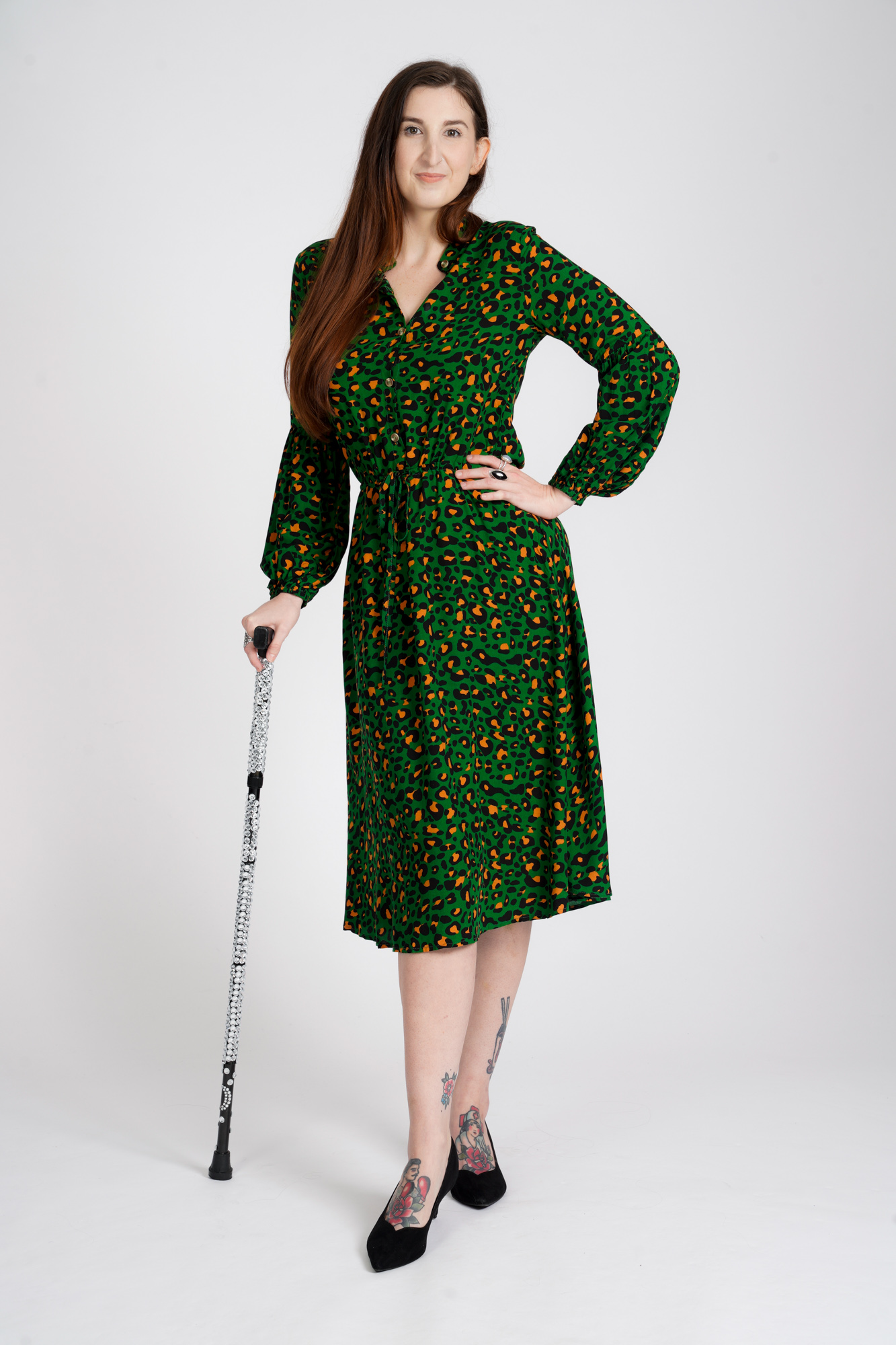 on women’s jeans are often at hip level, which means you can put your hands in them easily when standing, but not so much when seated (i.e. in a wheelchair). The “adaptive” clothing I saw before setting up Kintsugi was quite bland and it put functionality over fashion.
on women’s jeans are often at hip level, which means you can put your hands in them easily when standing, but not so much when seated (i.e. in a wheelchair). The “adaptive” clothing I saw before setting up Kintsugi was quite bland and it put functionality over fashion.
What made you take the leap to start the brand?
I started the brand after watching a TED Talk by Stephanie Thomas where she said that there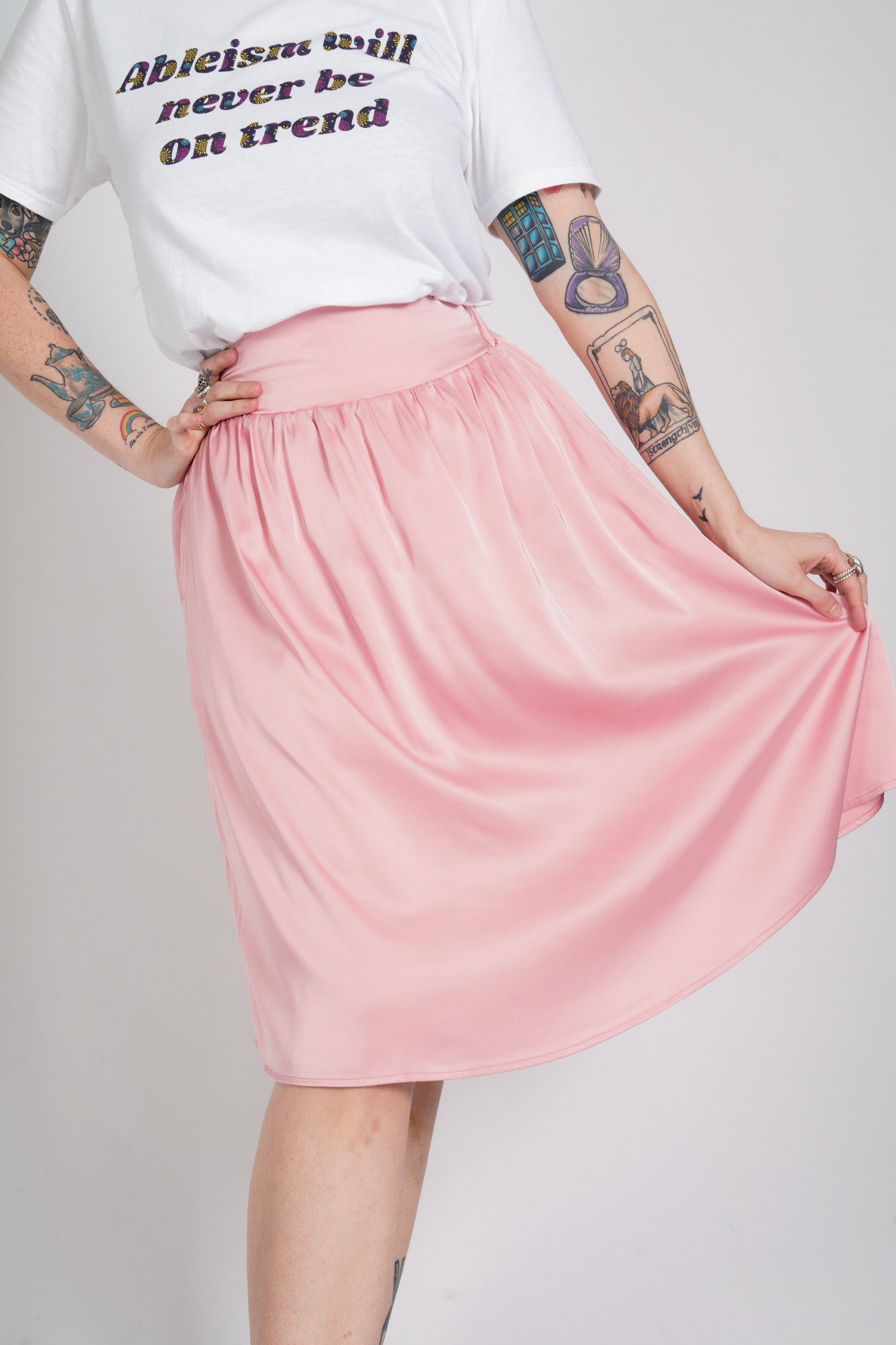 were more clothing options available for dogs than disabled people. That was something that really stood out to me.
were more clothing options available for dogs than disabled people. That was something that really stood out to me.
What we’re trying to do is put the two on an equal playing field and create clothing that adds value for women with particular impairments, but can also be worn, by everybody. Ultimately, it’s about giving people choice and making sure they’re not being presented with unnecessary problems when it comes to clothing and dressing. We strive to provide customers with inclusive, accessible clothing – without compromising style.
Describe a memorable moment for Kintsugi in the past three years.
The company pivoted slightly earlier this year, when we decided to split our offering into two brands. We had a core range of high-quality apparel that was designed to be accessible, but we also had a line of T-Shirts with tattoo-inspired prints of disabled pinup girls (think 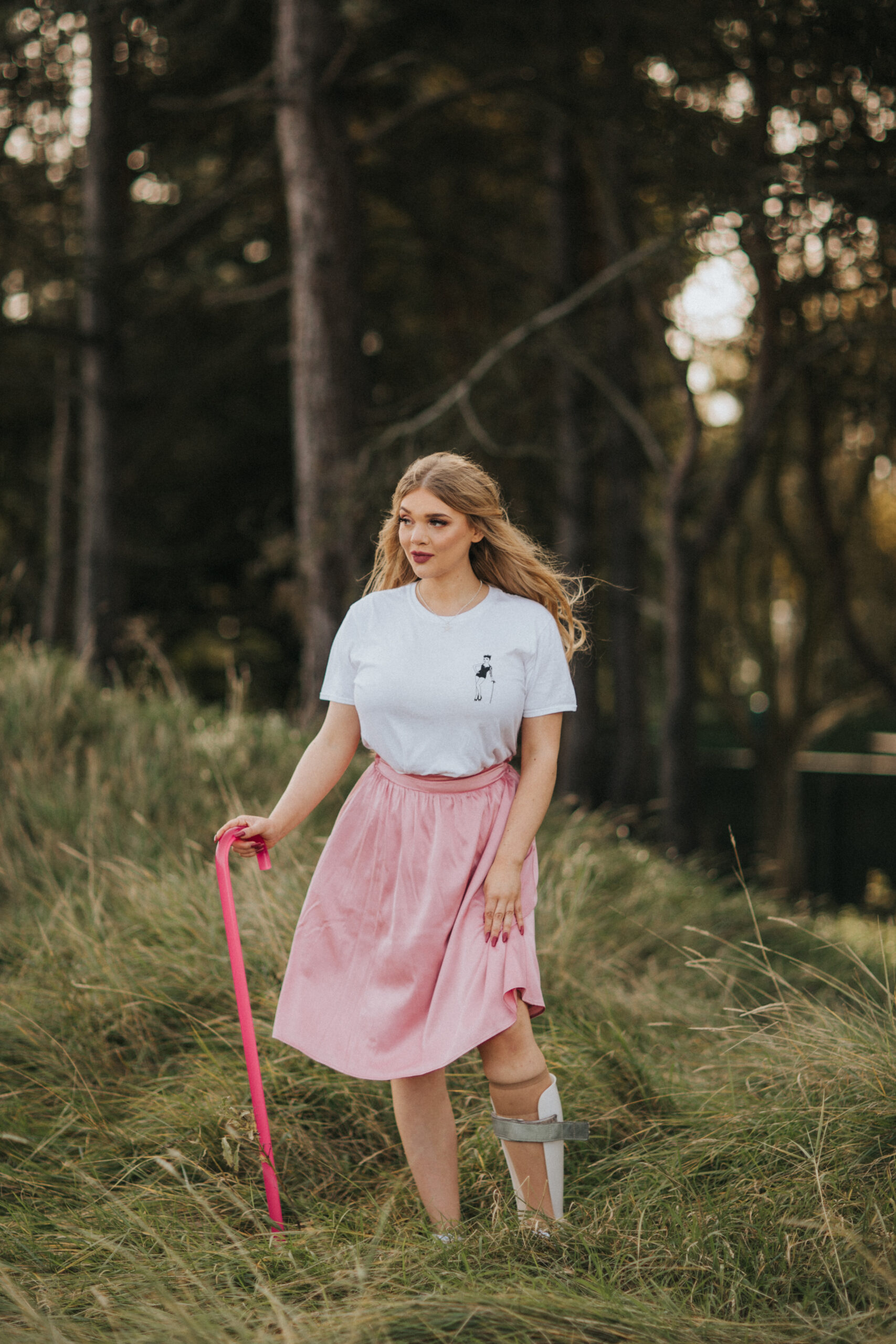 Rosie the Riveter with a prosthetic arm) and they were quite a different offering than Kintsugi. Frankly, we thought this is a smarter, more workwear/”drinks with the girls” oriented.
Rosie the Riveter with a prosthetic arm) and they were quite a different offering than Kintsugi. Frankly, we thought this is a smarter, more workwear/”drinks with the girls” oriented.
As a result, we created K, Babe as a sister brand. It sells apparel that promotes diversity and inclusion across multiple facets, including disability, sexuality and gender.
What are the next steps for Kintsugi? Do you think this is a market that will be expanding in the next few years?
The next steps for us will be to expand our range. We’d like to offer menswear, but I think that’s still a little way off. For now, I want to improve products so they add maximum possible value for our customers.
About Emma McClelland, Kintsugi CEO and Founder
Emma is a former features writer from  Manchester. Before founding Kintsugi, she was an editorial manager at a corporate law firm. She founded Kintsugi Clothing in 2018 after watching a TED Talk about accessible design. You can find more information on Kintsugi here.
Manchester. Before founding Kintsugi, she was an editorial manager at a corporate law firm. She founded Kintsugi Clothing in 2018 after watching a TED Talk about accessible design. You can find more information on Kintsugi here.
Related Articles

Beyond the AI Hype: Why Retailers Are Doubling Down on Real-time Inventory
AI assistants can now take shoppers from search to checkout and breeze right past a merchant’s website. The traditional product discovery and purchasing journey are now happening inside AI channels, and major platforms are all aligning on this new shopping protocol.
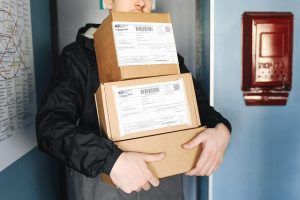
How to Manage Your Amazon Seller Account Effectively in 2026?
Learn key strategies for managing your Amazon seller account in 2026, including listing optimization, account health management, inventory control, and advertising.

Transaction-Level Data Is Raising the Bar for Attribution and Accountability
For retailers building or scaling retail media and broader commerce marketing programs, this shift reshapes how audiences should be built and forces a more disciplined approach to transparency and cross-channel accountability.

How Rising Consent Awareness Is Reshaping Customer Experience, Data Quality, and Campaign Performance
It also revealed that another 35% expect to deploy personalized AI recommendations in the next year, as AI moves from pilots into the heart of omnichannel journeys, search and merchandising.

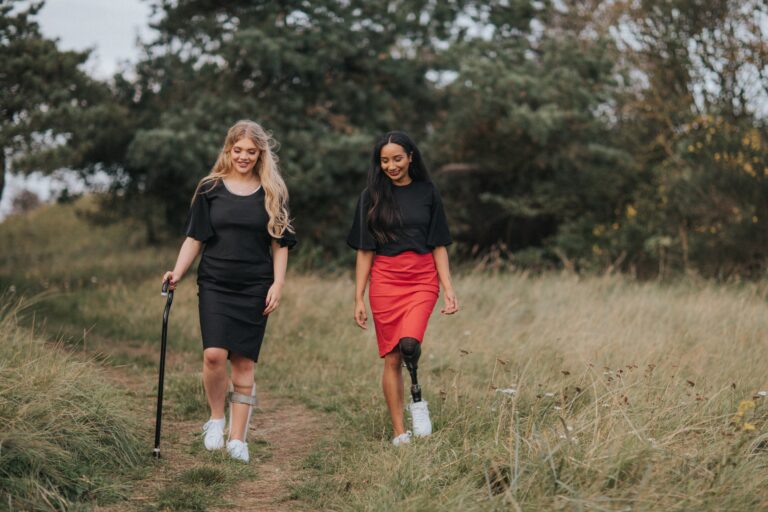
 for the latest news and job opportunities in retail tech
for the latest news and job opportunities in retail tech 